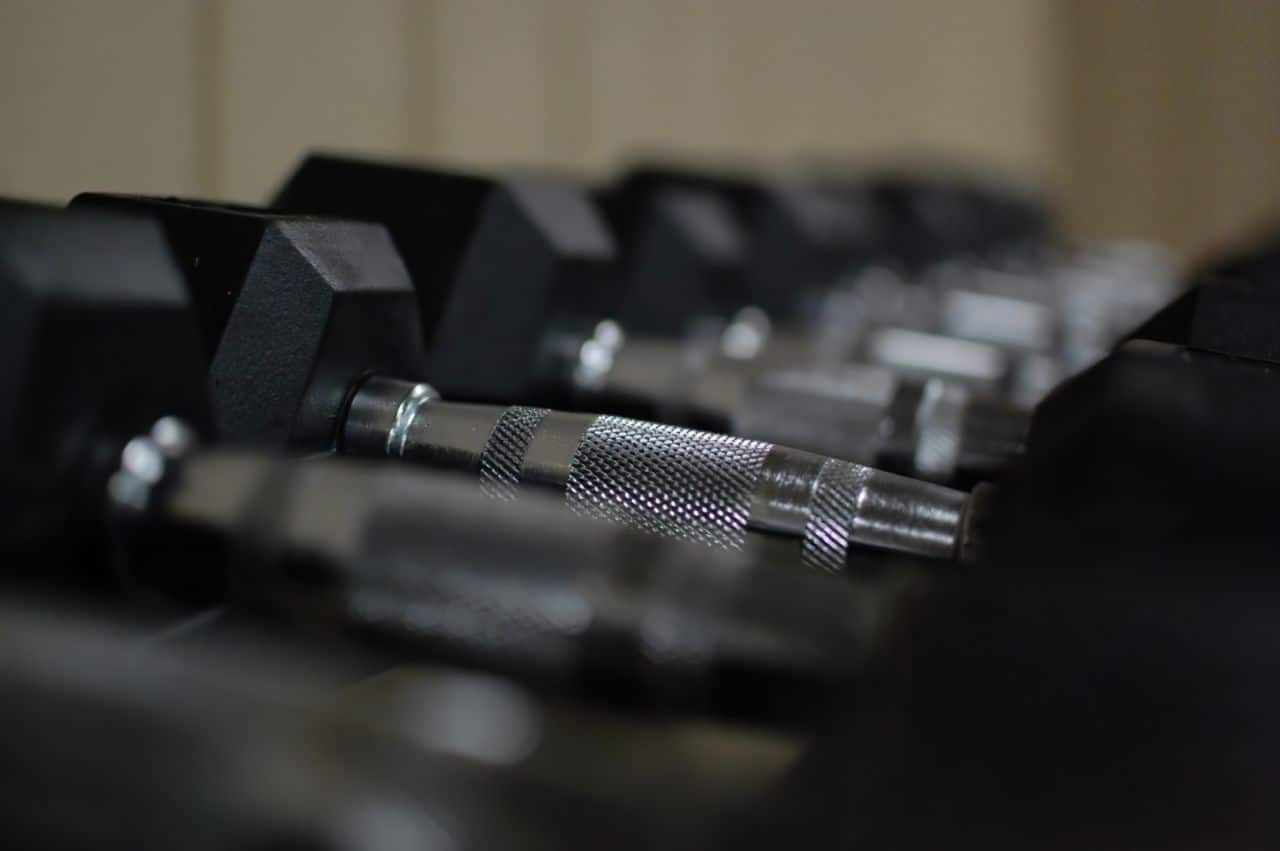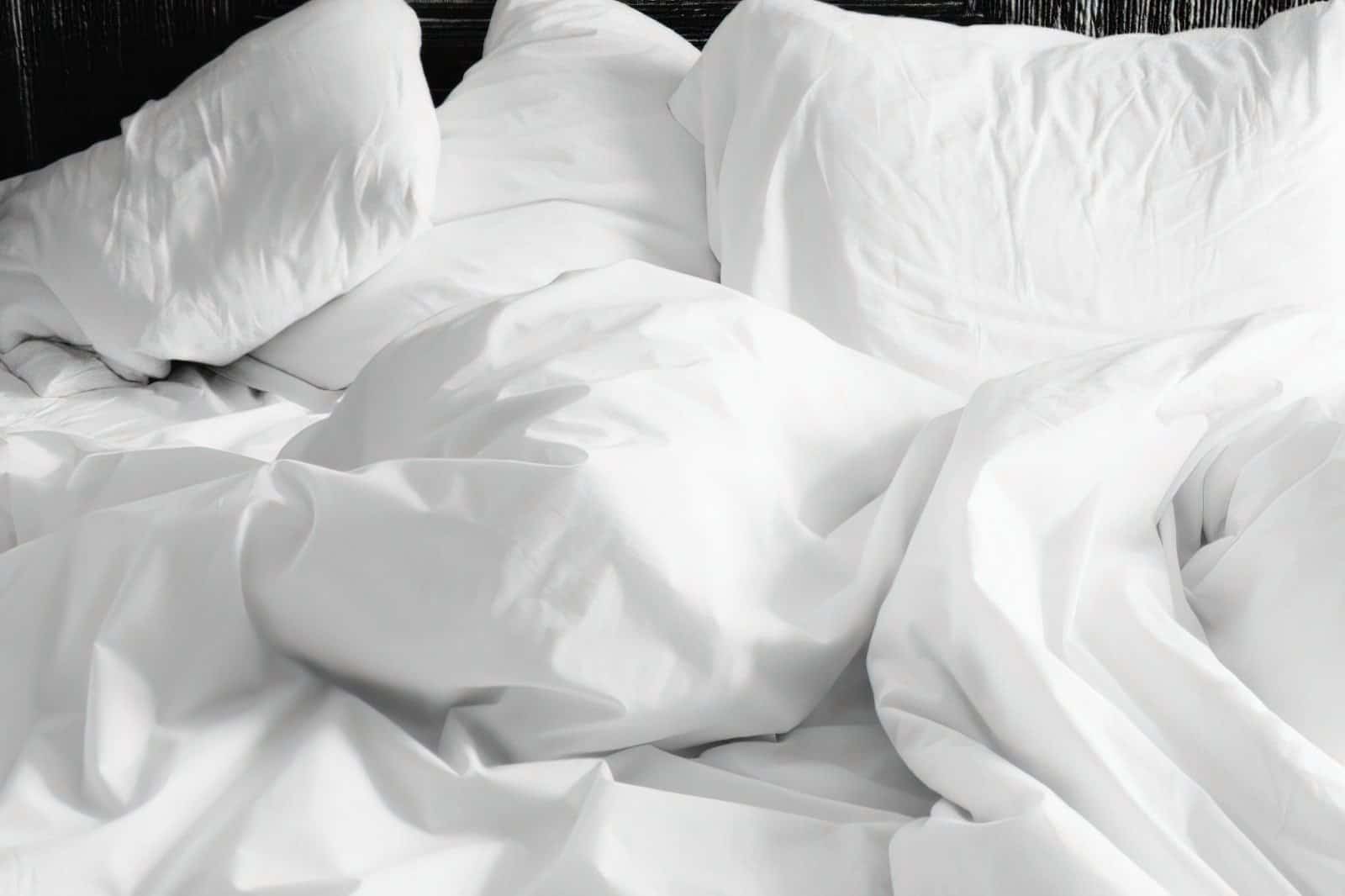Getting good sleep is very important for a number of reasons. It helps our athletic performance, improves our concentration and focus, and even helps your body better repair itself. Thankfully, there are many things you can do to improve the sleep you get each and every night.
This could be anything from taking the time to pick up a right firm mattress, to making sure your sleeping environment is dark and quiet. However, there are also some habits you should have in your day-to-day life to improve your sleep, and this article is going to go over a few of them.
Have a Bedtime Ritual
One of the best habits to aid in better sleep is to have a positive bedtime ritual. Having a routine can help your body better transition from wakefulness to being ready for sleep. If you try to sleep right after watching an action movie or being at a concert, it will prove challenging and you will still feel very awake.
Your body takes time to prepare your body and mind for sleep, and doing things that calm you down can help the process along. The better you can prepare for bed ahead of time, the quicker you will fall asleep and the better your sleep will be. This can be done by meditating, reading a good book, having a bath, or finding another way to relax. Try to keep your ritual relatively consistent and choose things that work for you, and try to go to sleep at around the same time most nights, too.
Regularly Exercise

Staying fit and healthy is something that everyone should try and do in their lives to be as healthy as possible. Maintaining a physically active lifestyle is also another great way to improve your sleep. As for how exercise impacts sleep, it can improve the quality of your sleep, and actually help you fall asleep much quicker.
Exercise can often help people deal with sleepiness in the daytime, and this exercise can work your body out, and help utilize your energy to make your transition to sleep easier. There are also indirect ways that exercise can help sleep. As you know, exercise can help people stay at a comfortable weight, which can help with sleep as many obese individuals have a higher chance of dealing with issues like sleep apnea.
While exercise is generally great for sleep, some people may have issues falling asleep if they exercise too late in the night. You can try for yourself, but try to give yourself at least an hour or more after a workout or sport to calm down before heading to sleep.
Avoid Certain Foods and Beverages Before Sleep
Having a bedtime snack before heading to sleep is a common practice, but could actually be hurting your sleep. If your bedtime snack is too heavy, full of spices, greasy, or features too much protein, it can negatively impact your sleep. They can make you uncomfortable, and trying to sleep when your stomach or body hurts is a challenge at times.
Of course, there are also some beverages you need to avoid. Coffee and alcohol both aren’t great for before bed, as they can keep you up, make it harder to fall asleep, and even lead to patchy and inconsistent sleep quality in some cases. If you do need to eat before bed, try to keep the snack relatively light and healthy.
Any (or all) of these habits are great to ensure you get a healthy and high-quality sleep every night.

